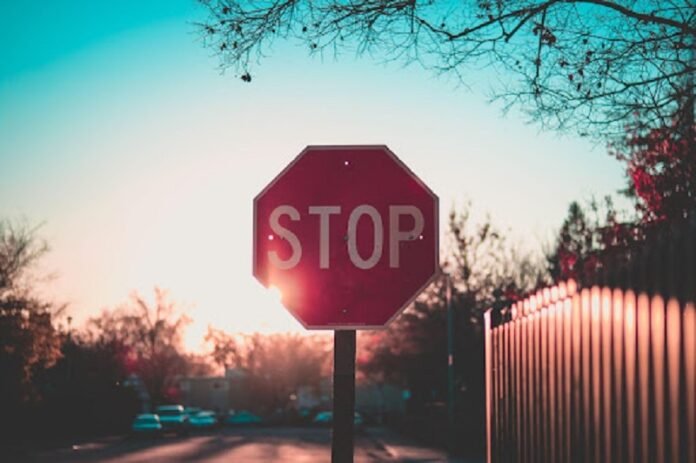It’s the boogieman of the creator world: the Copyright Strike! Some people use it as a weapon, others as a shield. Either way, it’s a topic of constant debate amongst creators across platforms.
But a copyright strike on YouTube could mean your video is demonetized. Three can mean your channel is removed, so it’s important to make sure you avoid it as much as possible. We’re taking a look at the different tactics that could keep you and your channel safe.
Don’t use copyrighted material
There are a lot of ways you can avoid copyrighted material entirely, but it varies in difficulty depending on the genre of content you’re making. For example, analysis videos focussing on TV and film, are obviously going to have trouble avoiding copyright altogether and should study up on the idea of Fair Use.
However, there is the option that if you and your surroundings are interesting enough, you can forgo the copyrighted material and just sit there and talk about the movie/TV show/music/game in question. This is the route that podcasts tend to go because they are primarily audio-focused.
Even better, you can create your own footage for your videos. You can film your own skits to go into your videos or even animate what you are describing into your videos.
Use stock media
The music world has had to get used to this for a long time since a snippet of a song can be enough to pull a YouTube video down. And yet, TikTok seems to have sidelined this tight red tape.
Still, ironically, the audience appears to have gotten tired of genuinely record-label-released music going “viral” on the app, and much more likely is a snippet of sassy lyrics or a funny sound going viral. Even more likely are stock sounds, like spooky music or even silence.
On YouTube, reviewers can still use music as long as it’s chopped and changed so it’s transformed, as we mentioned, but you’re much more likely to find YouTubers using free stock music, or even paying for fans to come up with their own unique theme music.
The same goes for any stock footage. You can find lots of platforms where collections of stock footage, stock photos, and stock music live. There are even stock editing features available.
Understand Fair Use
Fair Use is a great legal tool for creators, but it isn’t bulletproof. For instance, there is an argument raging at the moment on what really constitutes Fair Use, spearheaded by streamers xQc and H3.
Not to take sides, but H3 is right. Simply sitting and watching a piece of copyrighted material does not count as Fair Use. You can’t just add segments of material to your video without some form of editing or overdubbing to keep the copyright strike away.
The key to Fair Use is to be “transformative”. What is transformative enough is up to a judge to decide, but it’s generally accepted that editing the material, talking over it, and otherwise changing the meaning of the material is considered Fair Use.
This is the defence you have should a copyright dispute make it to court. Things like fan edits, mashups, parodies, reviews, analysis, and lots of other content genres are considered Fair Use because they change the point of the material. For example, a reviewer can “transform” the movie they are reviewing into an informative and opinionated piece rather than a narrative.
However, it’s rare that a piece of content gets that far since a lot of content creators can’t afford the legal fees. As yet, the only case to go to court and win has been H3 himself when Matt Hoss, an advice guru YouTuber took issue with a critique video that was also poking fun at him.
Don’t be honest in reviews
Petty people are going to be petty, and while we don’t condone it, glowing reviews keep the copyright ghouls away. In order to be an ethical reviewer on the internet, you’ll have to accept that some people are going to bite back with a copyright claim. Other pointers on this list will help you to simply not use copyrighted material because whether the owners like it or not, they can’t stop you talking about their property. That would be quite the sabotage of human rights. However, if you are using their material, some people will want to punish you for an unfavourable opinion. It’s part of the hazard of being online.
Don’t think a disclaimer will save you
Giving credit is a favour for the sake of recognising talent, but it doesn’t protect you from copyright. Neither will a disclaimer saying that “All material is the property of some big Hollywood studio”. Said Hollywood studio isn’t going to care. They still will have the right to strike your video and get it taken down if they don’t like what you’re doing with the material.
Only transformative material will save you. Giving credit or awareness is nice, but if you’ve used their material without permission, they have the right to remove it.
Must Read: What Should You Copyright: A Guide for Business Owners






























































